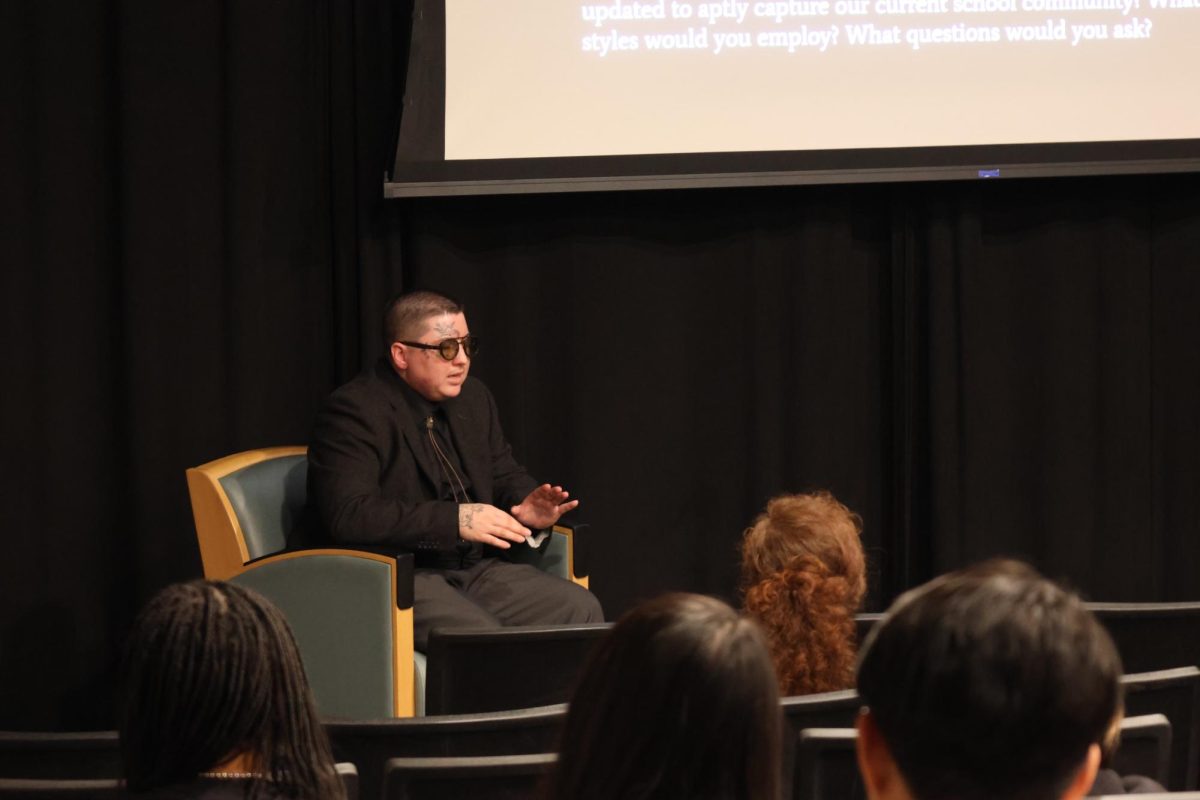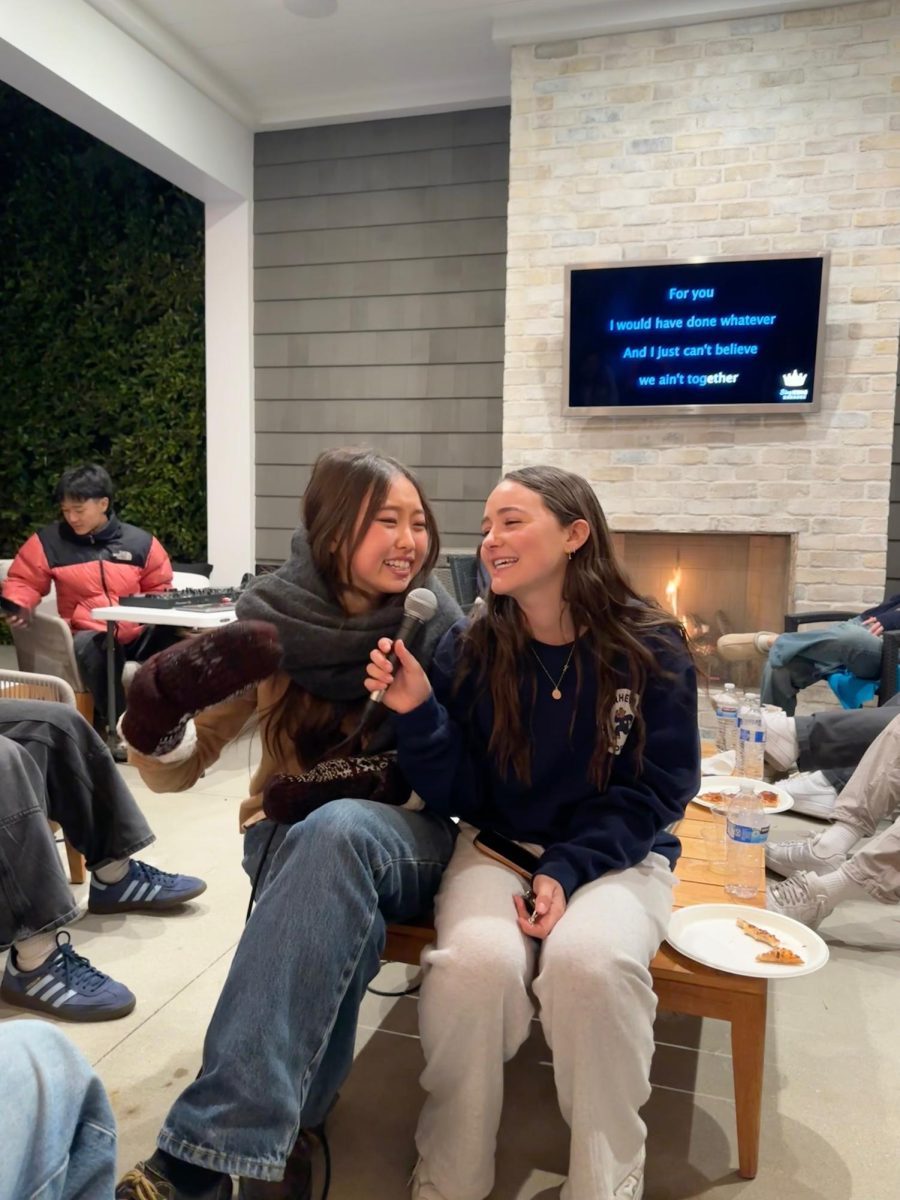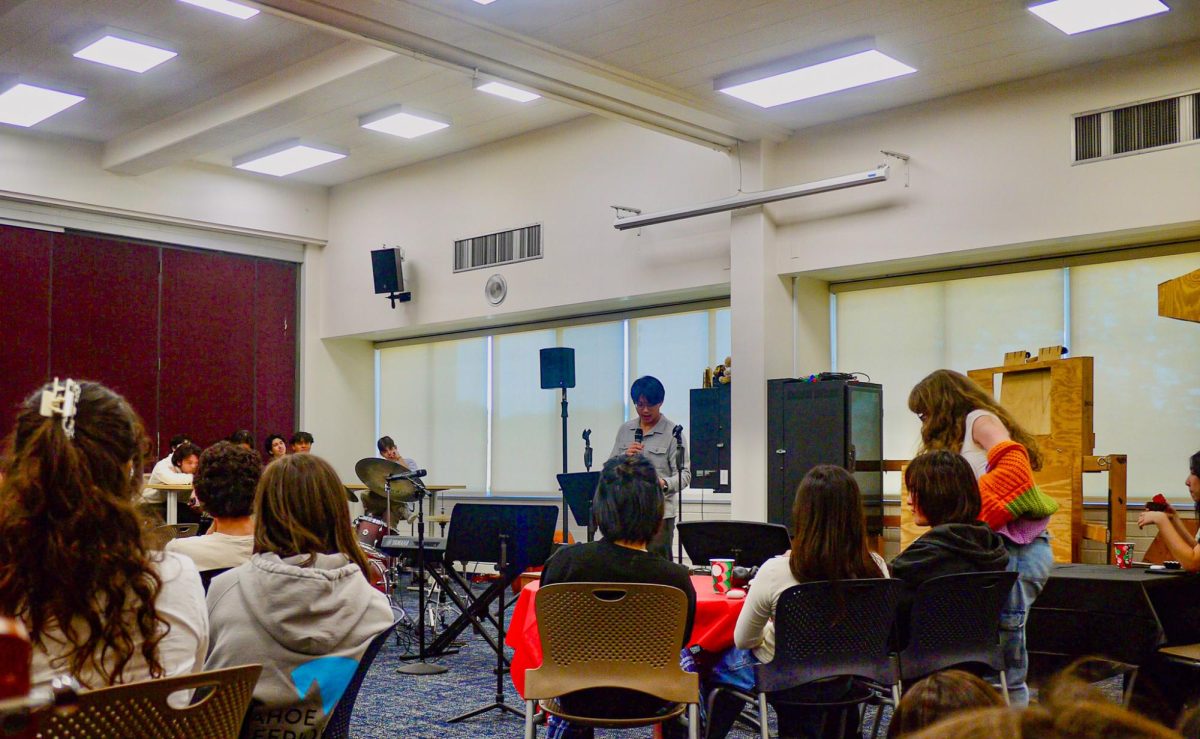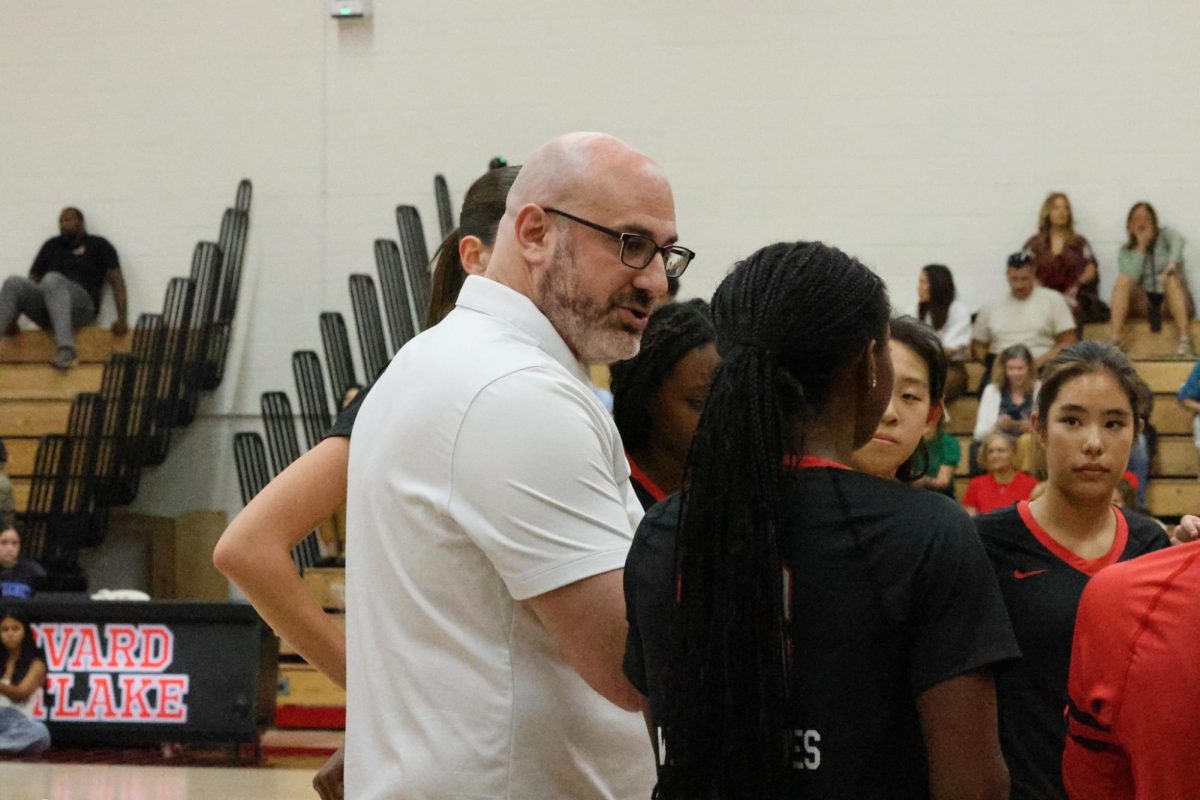The International Campaign to Abolish Nuclear Weapons, whose team includes Daniel Högsta ’05, won the Nobel Peace Prize on Oct. 6 for their work with the International Campaign to Abolish Nuclear Weapons.
The company won the award as a result of the campaign’s work to implement the 2017 United Nations Treaty on the Prohibition of Nuclear Weapons.
The Nobel Peace Prize is one of the world’s most prestigious awards, celebrating individuals or groups who have promoted peace around the world. Previous winners include Malala Yousafzai, Barack Obama and Al Gore.
Högsta serves as Network Coordinator for the Geneva-based ICAN. ICAN is a coalition of 468 non-governmental organizations from over 100 different countries that works toward a ban on all nuclear weapons.
During his time at Harvard-Westlake, Högsta took significantly more history courses than required, including AP United States Government and Politics, AP Comparative Government and Politics, AP U.S. History and AP Human Geography and International Relations, according to history teacher Larry Klein.
“I don’t think any teacher expects to find a Mother Theresa, a Martin Luther King or a Barack Obama in a classroom, but I guess that’s the company Daniel now keeps in winning the Nobel Peace Prize,” Klein said. “That being said, I have written before about Daniel that he was extremely engaged, super analytical and the consummate gentleman, so it doesn’t surprise me that he has done truly meaningful work in his time following Harvard-Westlake.”
Högsta attended the University of Michigan, majoring in Political Science and Government before moving to Europe to attend the University of Edinburgh Law School and his job at ICAN.
In an interview with the Pressenza International Press Agency, Högsta spoke about how critical it is for nations to compromise on issues of nuclear disarmament.
“We were hoping that there’s going to be some convergence of views from governments about what the treaty should contain and what the elements should be,” he said.
Ultimately, more than 120 countries supported Högsta and ICAN’s United Nations resolution. However, major nuclear powers, including the United States and the United Kingdom, did not support it, arguing a limited number of countries with nuclear weapons keeps the world safe. Furthermore, only three of the 50 countries required to ratify the treaty in order to make it legally binding have done so.
Even so, the prize committee awarded the prize to the group, which consists almost exclusively of young activists. The prize committee cited its “work to draw attention to the catastrophic humanitarian consequences of any use of nuclear weapons and for its ground-breaking efforts to achieve a treaty-based prohibition of such weapons” in granting the award to the young group.
Head of External Relations Ed Hu knew Högsta during his time at the school.
“We are incredibly proud of Daniel,” he said. “It is indeed an incredible honor to have a member of the Harvard-Westlake community recognized for his passionate work that is having a significant global impact.”































